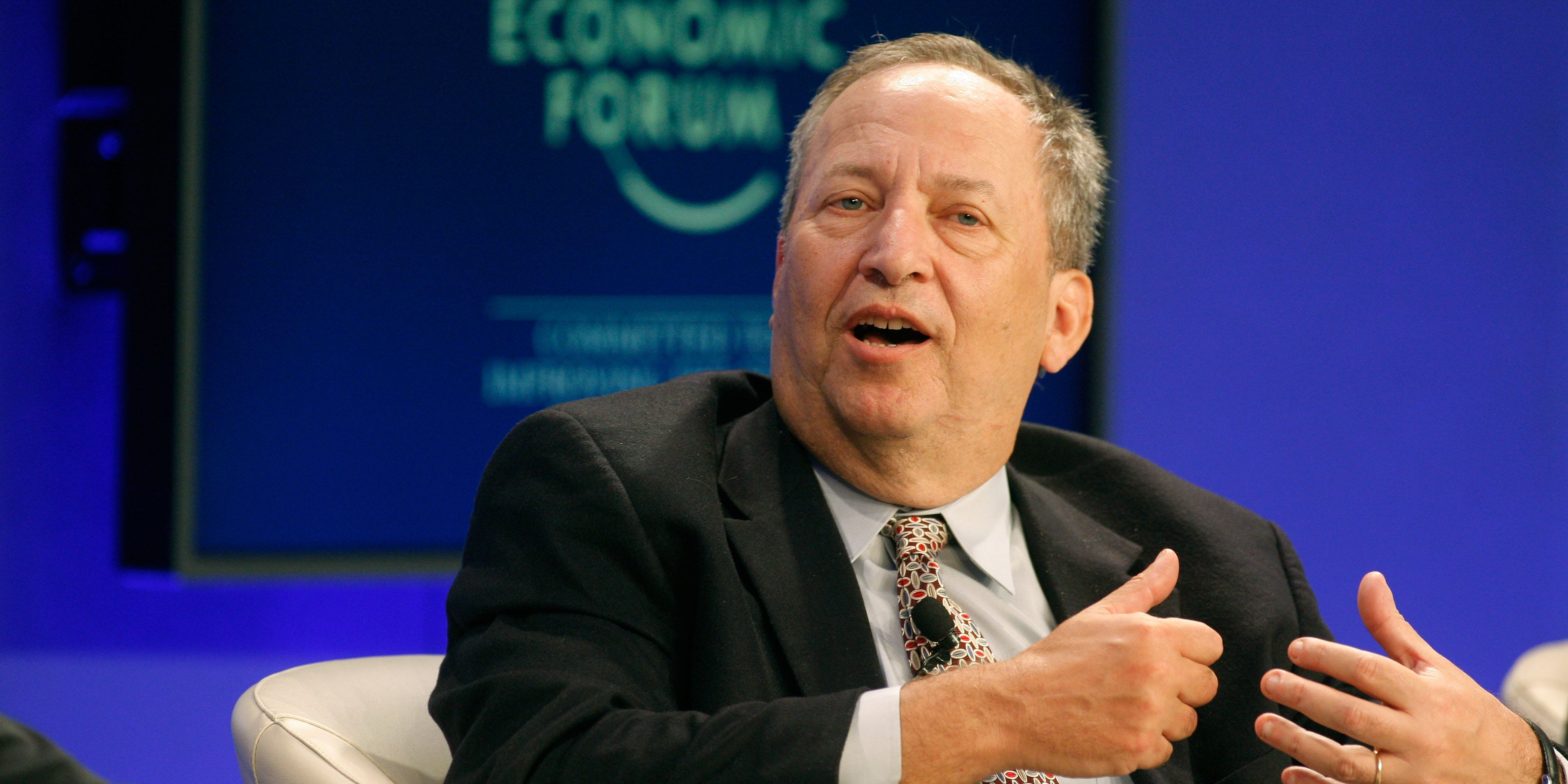Larry Summers is growing more optimistic about the US economy as inflation starts to ease.The former Treasury secretary told Bloomberg that the economy could ultimately avoid a recession despite the Fed’s fast rate hikes. Summers had previously said that a recession was imminent because job losses would be necessary to tame inflation. Loading Something is loading.
Thanks for signing up!
Access your favorite topics in a personalized feed while you’re on the go.
Former Treasury Secretary Larry Summers is starting to grow more optimistic about the US economy and the Federal Reserve’s ability to stick a soft landing, according to a recent interview.
He told Bloomberg on Wednesday that it’s a good sign inflation is starting to cool down even as the job market remains resilient.
“I’m still cautious, but with a little bit more hope than I had before. Soft landings are the triumph of hope over experience, but sometimes hope does triumph over experience,” Summers said.
In 2022, he said an economic recession was more likely than not because job losses were necessary to rein in inflation.
“We need two years of 7.5% unemployment, or five years of 6% unemployment, or one year of 10% unemployment” to tame inflation, Summers said last year.
But inflation has been easing month after month even as the unemployment rate has held steady at about 3.5%. The year-over-year change in the consumer price index peaked at just over 9% in June, and since then it’s fallen to just under 6.5%. Other inflation indicators like the producer price index have begun their descent from prior highs as well.
“We’ve seen some slowing of inflation indicators. At the same time we’ve seen continued strength. That’s gotta be what we all want to see,” Summers said on Wednesday.
But the inflation fight is not over, and Summers believes the Fed will need to continue hiking interest rates. The market currently expects a Fed terminal funds rate of about 5%, which would require two 25-basis point rate hikes in February and March.
“I still think it’s going to be hard because we need a substantial amount of disinflation that goes beyond volatile components receding,” he said. “You have to recognize that the figures are better than somebody like me would have expected three months ago. It’s still a very difficult job for the Fed, but the situation does look a bit better.”
Even though the Fed might manage to stick a soft landing in the economy, that doesn’t mean Summers is bulled up on stocks. In an interview last week, he said that he expects “tumult” in financial markets as investors are confronted with high levels of debt and volatile interest rates.
